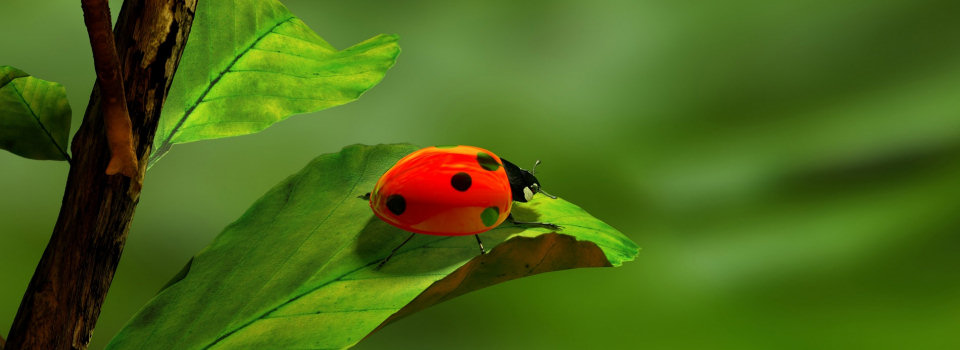As this was my first conference and I am still familiarising myself with Augmentative and Alternative Communication (AAC) and their devices I wasn’t quite sure what to expect from these three days. I was not to be disappointed…
Having recently decided that I wanted to undertake a career in research and the further development of AAC devices, I was over the moon when the opportunity arose for me to attend the conference as a PA for my client, Alan. Eager to learn more about the field that I had begun to lean towards as a future career opportunity, I couldn’t have asked for more from the conference.
Starting at nine am in the morning we would choose the seminars that most interested us during the day and continue this way until around five pm. The range of talks available to attend was wondrous, from professionals to AAC users to parents who had taken up roles within the Centre for Augmentative and Alternative Communication (CAAC) we were given a wide range of knowledge about AAC. By hearing from all the different groups one was able to gain a wide picture about the progress, internationally, on the development of devices for non- speakers or speakers of limited communication abilities. As a conference, the AAC users who gave us inspirational talks using their various communication devices spoilt us.
We listened to their stories of empowerment which illustrated that despite the boundaries put on their physical and communication abilities, these people had chosen to acknowledge the capabilities within their disability. They had overcome the limitations that society had imposed on them and found a way to lead full lives. From swimmers at the Paralympics Games to teens preparing to develop a support group for other disabled children to people who had gone on to gain University degrees and found new ways of improving the world for disabled people. As an able bodied person, I was left awestruck and inspired by these people who had overcome so much and were willing to share their stories and experiences with us.
Most of the professionals gave talks on the current research on going around the world, but one aspect in particular stood out to me. The majority of the professionals had no computer knowledge and didn’t appear to be building links with any ‘teckies’. As an undergraduate computing student myself, I thought this was a great disadvantage to the development of AAC devices. In a project as important and large as this, to bring a voice to everyone around the world, we need to work as a team. Experience from all sectors of the industry is essential to the success of AAC devices and not acknowledging this could be a critical downfall to the future of AAC. Without people to bring their personal experiences together with the technical background of the ‘teckies’ AAC devices will never reach their full potential.
In addition to the divided work pattern, I found that many people were focusing on the development of devices specifically for AAC users. This is the wrong approach, in my opinion, to take. Developing technology and software on mainstream technology that already exists allows for more inclusion into society for the user as they are welcomed as part of the crowd. Many users already feel the pain from society’s obnoxious exclusion due to their disability; they don’t want to stand out anymore with equipment that makes them even more ‘different’.
In a conversation today with a woman with Cerebral Palsy, we discussed how ‘society does not owe anyone anything regardless of their impairments’. This was an intriguing idea as it suggests that in order for us all to work in society we all have to give and take. Therefore shouldn’t users meet the able bodied half way and be allowed the chance to feel more included in society whilst still being allowed a voice in society. By allowing the user to feel included you provide a better chance at their happiness and ensure a greater unity amongst all people within society, regardless of their communication abilities. This point was briefly touched upon in the conclusion of the conference and I think will become a greater point of discussion in the coming future as people realise the limitations and excessive costs of AAC devices. Through the development of AAC software on mainstream technologies it allows more AAC users to gain a voice as that technology is more readily available and affordable thus increasing the chance of a greater unity within society.
Video link to Alan's talk: http://www.youtube.com/watch?v=xlHuDZrkzbg
